ECPAT International contributes critical knowledge and evidence to inform advocacy and action against the sexual exploitation of children. Explore our research below.
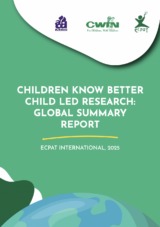
The Children Know Better initiative is a pioneering pilot project designed to explore how meaningful child participation can transform the way societies understand, prevent, and respond to the sexual exploitation of children.
Implemented by ECPAT International in partnership with the Association for Community Development in Bangladesh and Child Workers in Nepal Concerned Centre, the project piloted an innovative model of child-led participatory research, positioning children not as subjects of inquiry but as researchers, analysts, and advocates.
Available in: English
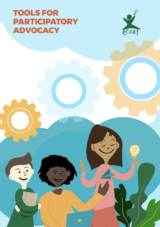
This suite of tools for participatory advocacy accompanies the document Approaches to Youth Advocacy on Child Sexual Exploitation and Abuse and outlines tools, exercises and session plans for staff from facilitating organisations (facilitators) to use with young people who are engaging in participatory advocacy.
Available in: English
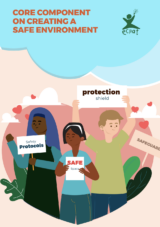
This document outlines 9 tools and 5 exercises that can be used by facilitating organisations to create a safe environment for
participatory work on child sexual exploitation and abuse that focuses on the wellbeing and meaningful engagement of children and young people. These activities were originally developed for use with young people who have lived experience engaged in campaigning and advocacy activities.
Available in: English
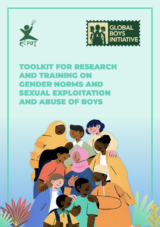
This toolkit is designed for practitioners, researchers, and civil society organisations working with communities on sensitive issues related to gender, masculinities, and the sexual exploitation and abuse of boys. It aims to guide safe, ethical, and meaningful research and engagement, grounded in gender-aware and child-protection principles.
Available in: English, French
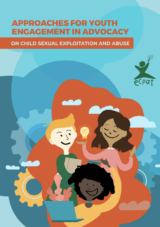
This document has been prepared for staff within facilitating organisations who are supporting children or young people to take an active role in advocacy on child sexual exploitation and abuse to use as a basis for planning participatory advocacy work.
Available in: English
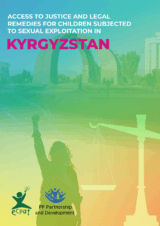
This legal factsheet determines the extent to which Kyrgyz laws provide access to child-centric justice and protection for children who have been subjected to sexual exploitation. It draws on key informant interviews to explore perceptions of the practical realities of children’s access to justice. The findings were presented during a national consultation with stakeholders, who provided feedback and discussed pathways to enhance access to justice and effective remedies for children subjected to sexual exploitation in Kyrgyzstan.
Available in: English